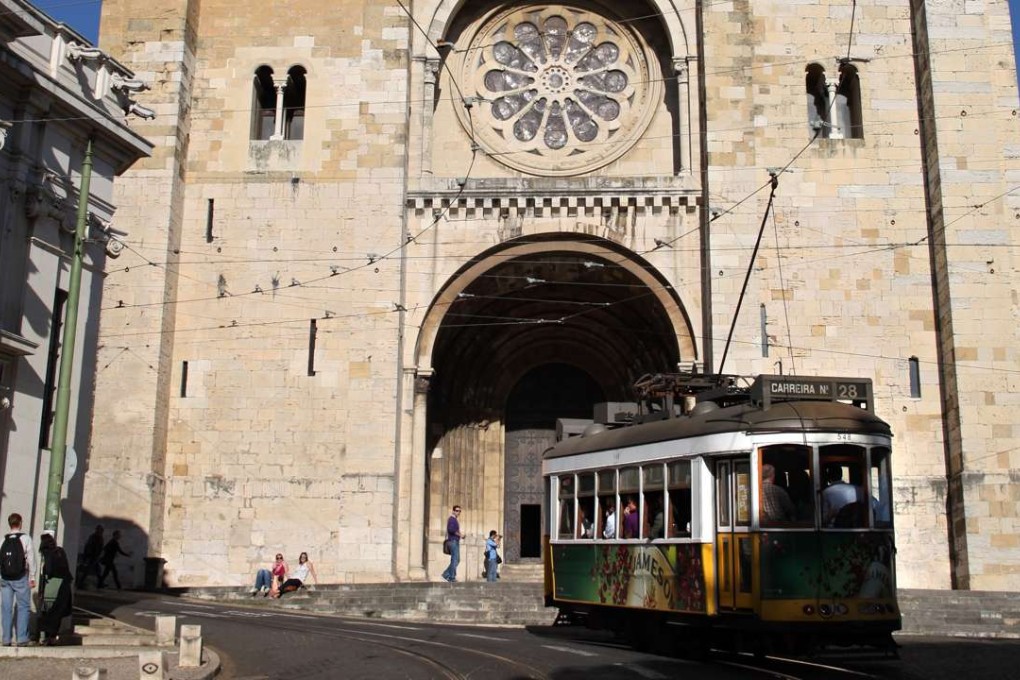Airbnb finds open doors in Lisbon after Berlin, Barcelona shy away

On his way to work, Lisbon mayor Fernando Medina likes to count the dwindling number of empty buildings.
Thanks to a tourism and real estate boom, many are being converted into trendy apartments that cater to the growing number of visitors to the city.
As some European cities impose restrictions on short-term rentals through websites such as Airbnb to keep housing affordable and protect residents from noisy visitors, Lisbon is taking steps to make it easier. Government measures including phasing out rent controls and selling hundreds of those empty buildings at public auctions have helped support a rebirth of the city.
“This is the first time that tourism is allowing many people to participate in the development process of the city,” Medina said. “We shouldn’t be scared of this new dynamic, we shouldn’t be afraid of growth. On the contrary, we need to prepare the city to take in even more tourists.”
Portugal is one of the leaders in Europe addressing the regulation of the sharing economy
While Lisbon currently requires all hosts to register their units as short-term rentals, it allows them to rent out their properties for an unlimited amount of nights per year. That is less restrictive than the 90 nights allowed in London and 60 in Amsterdam for private owners. All three cities are still more welcoming than Barcelona, which stopped giving out short-term letting permits in 2014, and Berlin, which all but banned the practice in May for landlords who want to rent out their entire properties to tourists.